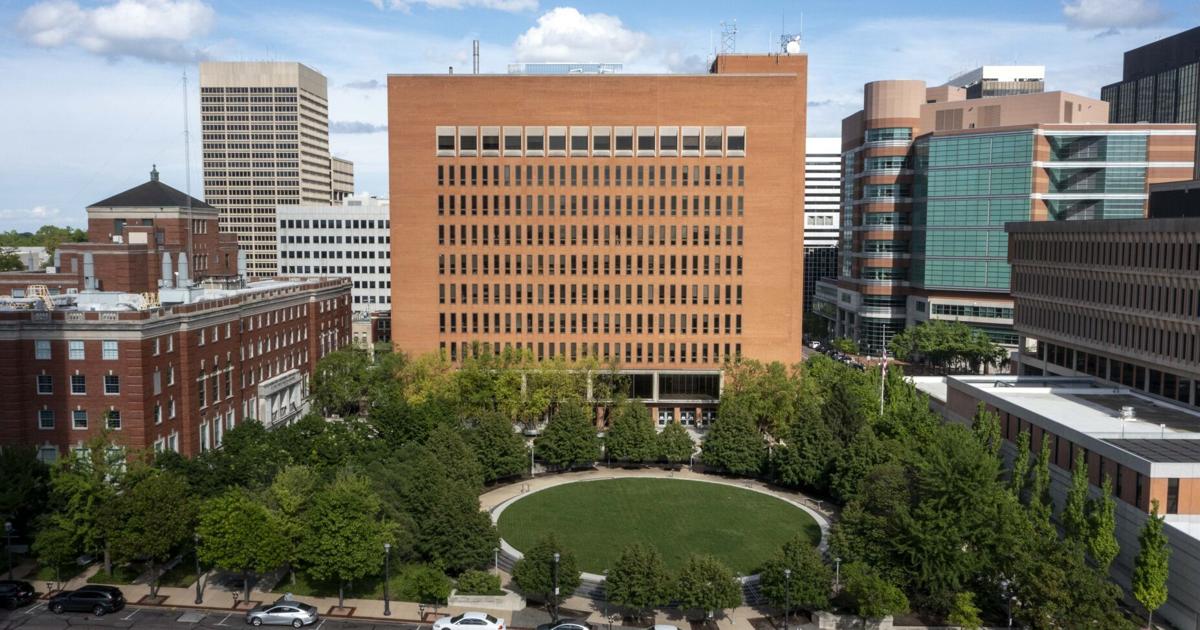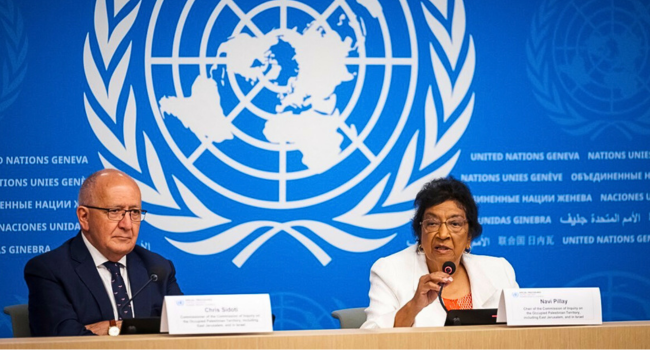By Soyombo Opeyemi
Copyright independent

(1.6) Conclusions
(a) The defendants (state governments) should file an application urging the Supreme Court to reverse itself, as its 11 July, 2024 decision, manifestly, was given per incuriam. Its judgement in local government autonomy suit is a blatant erosion of the federal princi-ple. Local administration is an exclusive preserve of the state government, controlled by laws enacted by the state legislature.
“Justices of this Court (Su-preme Court) are human beings, capable of erring,” wrote the late Justice Chukwudifu Oputa of the Supreme Court in Ade-goke Motors vs. Adesanya, [1989] 13 NWLR, pt.109, 250 at page 275. “It will certainly be short-sight-ed arrogance not to accept this obvious truth. It is also true that this Court can do inestimable good through its wise decisions. Similarly, the Court can do incalculable harm through its mistakes. When, therefore, it appears to learned counsel that any decision of this Court has been given per incuriam, such counsel should have the boldness and courage to ask that such a decision be overruled. This Court has the power to overrule itself (and has done so in the past); for it gladly accepts that it is far better to admit an error than to persevere in error.”
(b) All policy choices should be directed towards strength-ening the federal structure of Nigeria. Local government has no place in a federal constitu-tion and must be removed from the current 1999 Constitution. The Federal Government has to devolve powers and financial re-sources to the states or regions, as was the case in the first republic, before the ill-advised military incursion into polit-ical governance. (On revenue allocation, see Sections 136 to 145 of the Constitution of the Federation, 1963). Every state or region should have the consti-tutional power to exploit its natural resources for the benefit of its citizens and contribute also to the ‘national cake’, hence mines and minerals should be removed from the Exclusive List of the Constitution. The gains of the railway system under the Buhari administration, espe-cially the milestone removal of railway from the Exclusive List to the Concurrent List, should be expanded.
The Federal Government should shed weight with con-comitant reduction in the 54% allocation it receives from the Federation Account. (30% to FG, 70% to the 36 states and FCT could be recommended, in the interim). The Federal Government is over-bloated and has a finger in every pie. Imagine the hundreds of agen-cies under its control! We get to hear about a good number of these cost centres during the budget defence after which they disappear totally from public consciousness until the next budget cycle! As far back as 1972, Walter Rodney, the author of How Europe Underdeveloped Africa, had lamented: “It has been noted with irony that the principal ‘industry’ of many underdeveloped countries is administration!”
Like other federations, the Federal Government should concern itself with only core federal matters such as defence, external affairs, currency and customs. There should be state/ local police with the power of control vested in the three organs of government. It is high time state Appeal Court and Supreme Court were estab-lished. It beats imagination why a monarch or chieftaincy tussle in a remote village in a feder-ating state should get to the Federal Supreme Court in Abu-ja! It is not surprising we have about 250,000 cases pending in our various superior courts of record! Which rational investor will like a jurisdiction where a business dispute from the High Court to the Supreme Court takes 20 or 30 years to be concluded?
The federal roads should revert to the state governments. Two or more states can easily collaborate to construct the federal roads. It is gross ad-ministrative inefficiency and a colossal waste of resources for a distant Abuja-based Ministry of Works to construct or repair a federal road that passes through a remote village, located in a state and a local government! Nigeria is probably the only federation in the world where the central government, in peace time, travels thousands of kilometres from the seat of power to sink a borehole or construct a health centre in a remote village that has a state government and a local govern-ment! It is laughable; imagine the amount of administrative cost involved!
A winner-take-all and costly presidential system is not sustainable. A return to par-liamentary system of gov-ernment is an imperative in order to reduce the political temperature, cut-throat poli-tics, cost of governance, cost of elections and corruption. The three arms of government should jointly exercise the pow-er to hire and fire the chairman and members of the electoral commission, both at the federal and state levels.
The National Assembly should deploy its energies along these lines, rather than playing to the gallery, chasing the wind, in a misguided attempt to imple-ment a precipitous judgement of the Supreme Court, which undermines our federalism and promotes a unitary system.
(c) With regards to the pres-ent food crisis, the Federal Gov-ernment (through the National Economic Council) should reach an agreement with the state governments to set aside a huge percentage of the monthly allocations, which would be deployed to turning every inch of the Nigerian land into a farmland and an agro-process-ing hub within six months, and provide (off-grid) power supply across the nook and cranny of the country within 36 months. The security agencies must be motivated to end the menace of the gun-toting herdsmen and bandits in every hamlet, village and towns in the country with deliberate speed.
Since nearly all the poor people, especially in the South and Middle Belt, have children in public primary schools – even up to remote villages – perhaps one of the major ways to lessen the burden of the greatest number of the masses, at this difficult period, is to look in the direction of complete and total free education (free textbooks, free uniform; NO PAYMENT IN ANY FORM) in primary (and possibly secondary) schools. The hybrid education system in the core North with complete free education and free school feeding could be a better option.
(d) Citizens must insist on democratic government and defend it at all costs. It rankles that military intervention halt-ed the march of progress of this country. The three regions (later four), with the local councils under them, were progressing at varying speeds, with healthy rivalries centred on which region was first to deliver the greatest good to the greatest number of their citizens. In spite of the political challeng-es, if we had continued on such a development trajectory without the misguided inter-ruption of January 15, 1966, we should have been like one of the Asian Tigers at this period. I should have more to say in the future on how this country was brought to complete ruin through military coups and counter coups. But for now, the federal principle, which enables each state or region to develop at their own pace, should be the cornerstone of our union.
(Read the online version of the column at www.independent.ng; readers’ reactions should be sent to [email protected])



